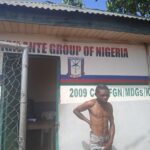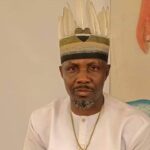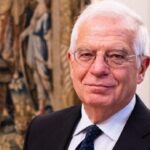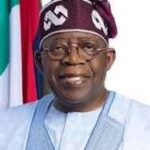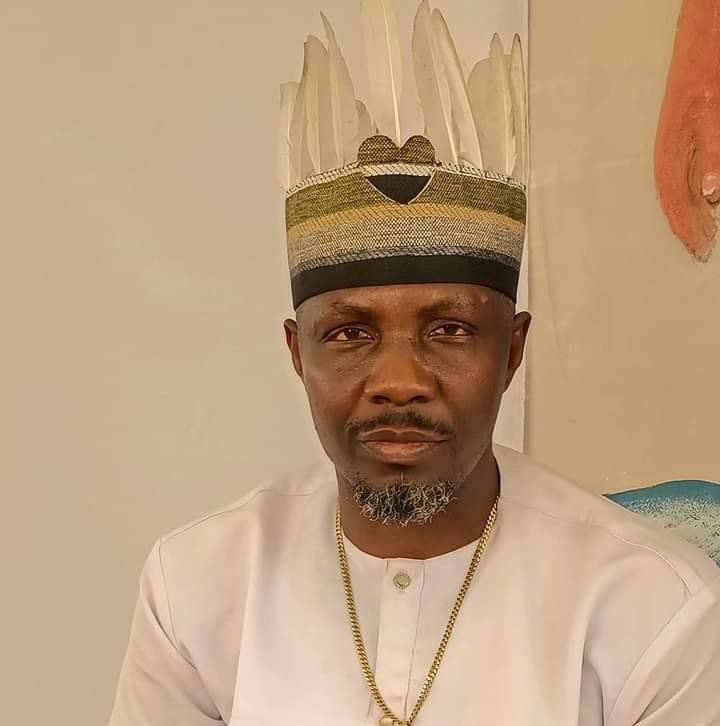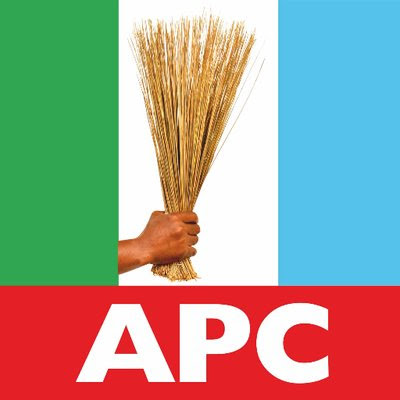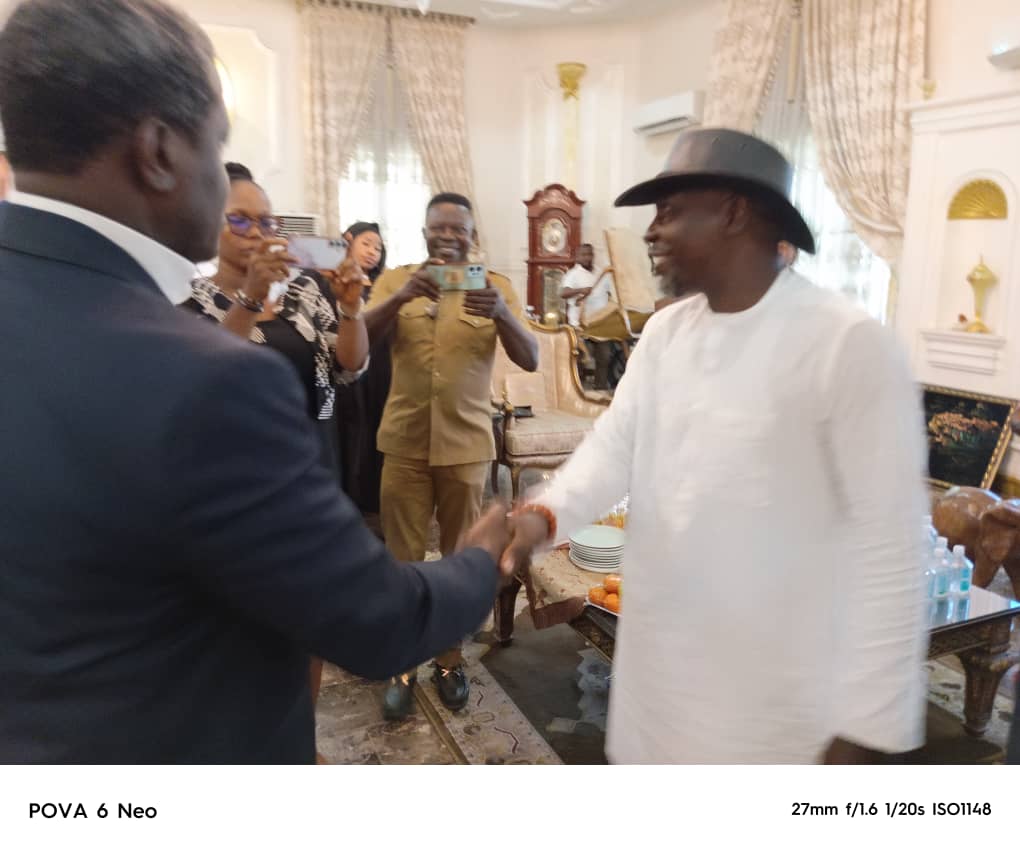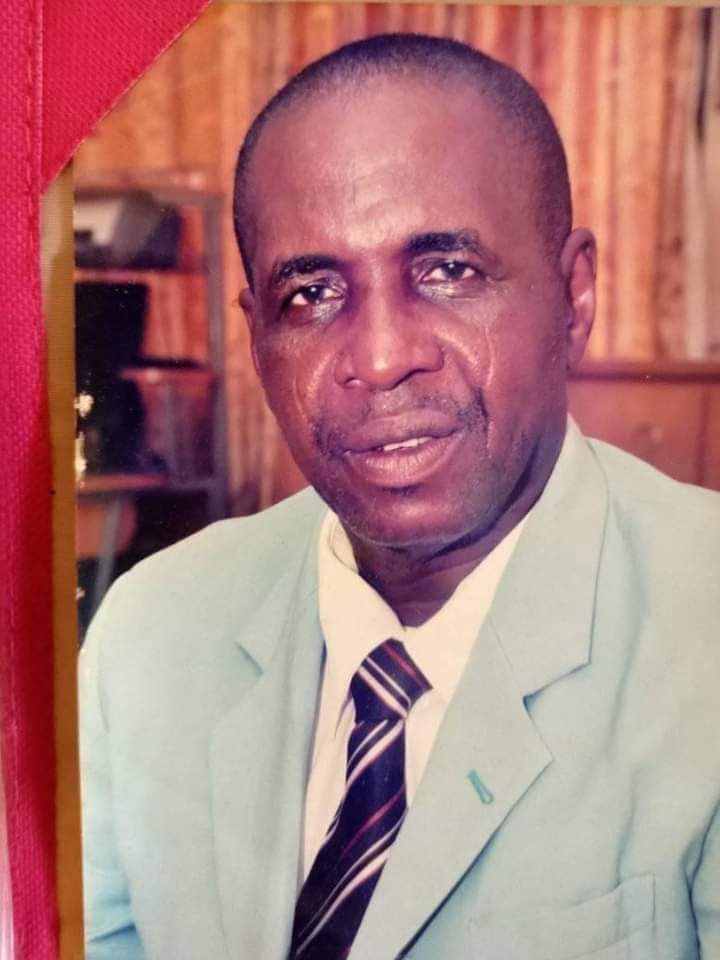
How many views and expression of interest in the presidency will the TSG shut down?
The Tinubu Support Group does Tinubu great disservice. This is a leader who made great sacrifice to promote democracy in Nigeria. He invested a lot in building a generation of leaders. He earned a reputation as a master political strategist. Today, he appears to be surrounded by a group of political vultures and hacks on the question of 2023. Whoever and whatever they may be, Asiwaju Bola Tinubu owes us a duty to call the TSG, as presently constituted, to order.
From what we have seen and heard so far, it seems most likely that the race for the 2023 presidential position would end up as the fiercest, most contested, and perhaps the most controversial since Nigeria’s return to civilian rule in 1999. We all must keep an eye on 2023. In 1999, President Olusegun Obasanjo emerged, not because he was a known, seasoned, politician, but because the country needed a pair of steady hands and a strong character, with the right connections and experience to save the faltering ship of state, and move the country beyond the evil annulment of the 1993 presidential election. Obasanjo delivered. But he ran into troubled waters with his succession plans: the politics of a Third Term, the bitter quarrel with his Vice President, Alhaji Atiku Abubakar, and his open endorsement of Alhaji Umaru Musa Yar’Adua, whose health status and eventual death in office defined the highest office of the land. President Goodluck Jonathan who succeeded his boss, Yar’Adua, was a collective product of the law, and the majority insistence on what was right. His presidency was a turning point and a major historic landmark for Nigeria, an affirmation that Nigeria could also be a land of dreams where a man of humble beginnings could rise to the top.
By 2015, the forces of elite conspiracy and ethno-religious myopism organised an acidic campaign against the Jonathan presidency and got him out of office. He was succeeded by President Muhammadu Buhari, a former military Head of State, who had sought the presidency of Nigeria as a civilian three different times – 1999, 2007 and 2011. In 2015, he was propelled into office by an electorate that had embraced his managers’ promise of change and hope. He was yet another rallying point for great expectations. In 2023, the circumstances would be different. There is no coalescing, propelling force, at this time behind any aspirant, on such a national scale, and of such a momentum as we saw with Obasanjo, Jonathan, and Buhari’s cult-like popularity. And this is why the 2023 presidency is fast becoming a desperate gamble, a ‘try-your-luck’ kind of proposition, without any core basic agreements. A kind of anybody’s game, generating tension, so early, so far, from the commencement of the 2023 electoral process.
There is no consensus on any issue. The people of the South-East argue, rightly, that it is their turn to produce the president of Nigeria. No Igbo man has been president since 1999, although Igbos have helped to put others into office. They want the marginalisation of Igbos to end. They want it on record that the Igbo race is not inferior to any other group in Nigeria. Igbos are the third largest ethnic group in the country. They have been told by Northern spokesmen that nobody will offer them the presidency on a platter of gold, and that in any case, they should go and organise themselves and reach out to other Nigerians, especially now that there is an internal debate in the South-East about identity politics – who is Igbo and who is not, and who is more Igbo than the other? Many persons consider this suggestion an insult! The people of the North-East and Central zones also insist that it is their turn to have their kinsmen inside the Presidential Villa and that after the presidency has gone round the six geo-political zones, we can then begin to talk more seriously about those principles of merit, competence, knowledge – the same issues the other privileged geo-political zones never stretched when the presidency fell into their laps.
Constitutional provisions on eligibility for the Nigerian presidency are stated in the 1999 Constitution. There is no mention of ethnicity or geographical zone, although Section 14(3) and (4) mentions Federal Character, diversity, unity and justice. The two major political parties have since agreed on an unwritten code of rotational presidency, but this is beginning to look more like a tool of political expediency. Ahead of the 2023 general elections, Nigeria’s two major political parties – the Peoples Democratic Party (PDP) and the All Progressives Congress (APC) – are both engulfed in crises that could be counter-productive. There is no clarity on both sides about how the 2023 process could be used to address the people’s concerns. Not even the National Assembly is serious about the provision of an electoral framework that can inspire trust and confidence. In 2021, Nigeria’s Ninth National Assembly, dominated by the ruling party, voted to prevent the adoption of electronic transmission of election results. The Independent National Electoral Commission (INEC) says it is possible and doable, the politicians disagree. In smaller, neighbouring African countries, electronic transmission of results is not a problem. In Nigeria, it is a source of crisis.
I have never met Governor Yahaya Bello personally… I think he, like every Nigerian, of eligible age, can aspire to the presidency of Nigeria, and that the rest of us have the right to express an opinion and an interest without being mauled by any group that claims a monopoly of insight about the future of Nigeria. There is nothing that Yahaya Bello has said that was not implied in the Babangida criteria for the 2023 presidency.
But what I find even more disturbing is the bad rhetoric that is beginning to build up, the high velocity intolerance and the threat of violence that hangs dangerously in the air, coupled with the refusal of some emergent “stomach democracy activists” to engage in decent conversation. This has been a bane of Nigerian politics. But it is getting worse. It could even become more frightening. The professional political class must seek counselling for its growing mass psychosis. The right of Nigerians to choose, to express their differences and choices must be respected. Nobody has a monopoly of the right to Nigerian citizenship, or the corridors of power. The way some interested parties are carrying on is deplorable. I recall writing once in this column about likely candidates for the 2023 presidency titled “The South West Presidential Hopefuls” (April 20). I made some categorical statements about the chances of those who were in the news at the time: Senator Bola Ahmed Tinubu, Professor Yemi Osinbajo, Senator Ibikunle Amosun and Dr Kayode Fayemi of Ekiti State. It was my own review of the political situation and the possibilities. But what did I get in return? Those who felt I was critical of their masters went after me with a sledge hammer. I read one reasonable piece in which the author tried to respond to the issues raised but the others were so poorly written, I couldn’t waste my time reading them till the end. Bad writing gives me migraine and there seems to be a large supply of hacks around many of our political figures. In the 80s and 90s, we used to have quality debates in Nigerian newspapers. Today, the space is dominated by hacks without brains. Well maybe I was lucky. They didn’t abuse my parents.
Since that piece, the conversation about 2023 has gained greater momentum, beyond zoning and possible Southern candidates, to a full-blown obsession. This reached a peak recently with the prescriptions by former Head of State and President, General Ibrahim Babangida during an interview with Arise TV, ahead of his 80th birthday on August 17. I wrote a review of some of his submissions in the context of what marked his 80th birthday: An attempt at revisionism on certain key historical points, but again I got thoroughly abused by one of the key organisers of the IBB white-wash. I have made my point. The IBB interview, considering his own stature, added oxygen to the 2023 presidential debate. ThisDay newspaper followed up with a front-page list of 31 likely candidates, and a review of those who can lead Nigeria in 2023. I take all of that as a healthy promotion of public conversation. But it merely ended up showing a certain trait that I think can pose a threat to the journey towards 2023: the thinking by some people that the presidency of Nigeria is already an acquired right. How? When? Where?
One of the immediate reactions to the ThisDay list came from Dr Doyin Okupe, veteran politician, spokesperson to a political party, the defunct National Republican Convention (NRC), and media adviser to two former presidents. Dr Okupe, appearing on Arise TV Morning Show, said there are only three possible candidates: Senator Bola Tinubu, his good self, and incumbent Vice President Yemi Osinbajo in that order. We later hosted Mr Sonny Iroche, Chairman of the Anambra League of Professionals, who thought that Dr Doyin Okupe must have been joking, and that he, Iroche, would make a better candidate. Before Iroche, Malam Kashim Ibrahim-Imam, President of the Kings College Old Boys Association, and Chairman of the Board of the Tertiary Education Trust Fund (TETFUND) also appeared on the Arise TV flagship show to discuss the state of the nation. He had kind things to say about Tinubu, leader of the APC, but he made it clear that he, Kashim-Imam, would be the best man for the job.
Somehow, within the South-West and the APC, every man who considers himself a potential president manages to defer to just one man: Senator Bola Tinubu. Those who say anything that is off-key in that regard or fail to pay homage get knocked, no matter how sensible they may sound. This then reminds me of the case of Governor Yahaya Bello of Kogi State, who has been a target of heavy pummelling for the effrontery to have told Senator Tinubu, in an interview with the Daily Trust newspaper, that the senior politician should allow his “children” to take over the presidency of Nigeria in 2023. Yahaya Bello obviously considers himself a Tinubu “son”. Whereas the leader of the APC has not yet formally announced that he wants to be president, there is already an army of Tinubu Support Groups out there pushing the 2023 Tinubu for President agenda. As far back as May, Governor Bello had announced in a television interview that “Nigerian youths, women and all Nigerians, including very objective elites” were asking him to run for president in 2023. Bello was immediately dismissed by Professor Itse Sagay (SAN), who reminded him that the presidency in the APC had been zoned to the South, and that being a youth cannot be an automatic qualification.
Going forward, two key questions are pertinent: Is there a dark horse and a third force in the political space who may emerge as president in 2023? And is there enough time for such an alternative to make any meaningful impact, timing being a major factor in politics?
Indeed, much earlier, Eniola Bello in his ThisDay column, “Yahaya Bello: The Ugly Face of APC” (March 8) had made even more damning remarks about the governor. But Yahaya Bello has been resilient in saying he wants to be president. His latest effort must have been prompted by the renewed debate about age and 2023 presidential politics. His reported interview in the Daily Trust newspaper of August 22 is titled “2023: Buhari, Tinubu Pact not Binding on APC Members – Kogi Governor.” Having confirmed that he would run for president in 2023, Governor Bello said of Tinubu: “Senator Tinubu is one of our leaders and I respect him so much. He has played a very significant role in Nigeria’s democracy and has built a lot of people. He has paid his dues, and with all respect, as a son to him, my simple advice is that it is time for him to allow his children take over the mantle of leadership and do it to the glory of God and his admiration. He should see that those children he raised are now doing well. Let him see how we manage this country in his lifetime. However, he has a right to run, nobody is questioning that. I always urge everybody to respect him for the role he has played in this country’s democracy. He is a man of integrity, to be candid.” He was then asked: “Do you think the APC would survive if Tinubu is denied the party’s ticket and he pulls out with the South West?” Bello, who says he believes it is the turn of the North-Central to produce the next President responded: “You don’t build a house and destroy it. I don’t think he will do that. He has grown past that. As an elder statesman, he will not say that the country should be destroyed in his lifetime, not even after his demise, so I don’t see him doing that.”
These are the words Yahaya Bello said, except he was otherwise misquoted by the Daily Trust newspaper. But for these respectful, almost subservient expression of admiration for the party leader, and the affirmation of his own future ambitions within the APC, Yahaya Bello has been severely rebuked by the Tinubu Support Group. In a statement signed by the Director-General of the TSG, Umar Ibrahim, Yahaya Bello has been called a “disgrace, a failure and a betrayer.” He is advised to channel his efforts into “begging and praying for forgiveness for all the sufferings you have inflicted on the good people of Kogi State, rather than eyeing the Presidency.” Ibrahim insists that Tinubu is the most qualified person for the Nigerian Presidency in 2023.
I have never met Governor Yahaya Bello personally. I don’t need to. I have in fact been very critical of him: His re-election in 2019, and his many gaffes about COVID-19. But I think he, like every Nigerian, of eligible age, can aspire to the presidency of Nigeria, and that the rest of us have the right to express an opinion and an interest without being mauled by any group that claims a monopoly of insight about the future of Nigeria. There is nothing that Yahaya Bello has said that was not implied in the Babangida criteria for the 2023 presidency. Where was the Tinubu Support Group? Why didn’t Umar Ibrahim go after the elder statesman? Given the level of interest that the 2023 presidency has generated, there would be more persons expressing views. How many views and expression of interest will the TSG shut down? It may be possible to intimidate persons in the South-West and the APC, but there are enough Nigerians who will also lay claim to the presidency of Nigeria. The Tinubu Support Group does Tinubu great disservice. This is a leader who made great sacrifice to promote democracy in Nigeria. He invested a lot in building a generation of leaders. He earned a reputation as a master political strategist. Today, he appears to be surrounded by a group of political vultures and hacks on the question of 2023. Whoever and whatever they may be, Asiwaju Bola Tinubu owes us a duty to call the TSG, as presently constituted, to order. They are damaging his brand. Their campaign should be more focussed on selling his ideas, not motor-park politics.
Going forward, two key questions are pertinent: Is there a dark horse and a third force in the political space who may emerge as president in 2023? And is there enough time for such an alternative to make any meaningful impact, timing being a major factor in politics?
Reuben Abati, a former presidential spokesperson, writes from Lagos.



